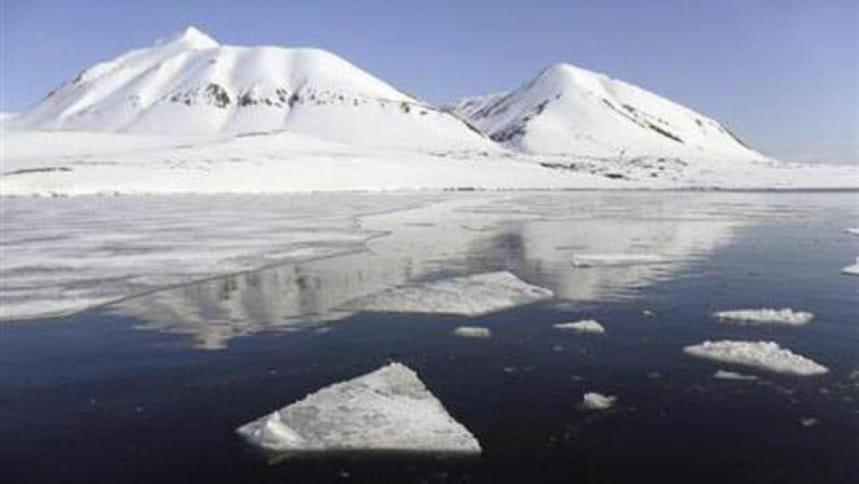Rate of sea level rise doubled since 1993 due to climate change: Report

Global sea level rise sped up dramatically at a doubled rate since 1993 due to climate change, according to a new report, as temperatures continue to rise posing "a major threat to many millions" of people living along coastal regions.
The World Meteorological Organization (WMO), in its provisional State of the Global Climate in 2022 report, revealed that sea levels rose by an average of 10 millimetres since January 2020 and reached a new record high this year.
"The rate of sea level rise has doubled since 1993," WMO reports, according to Yahoo News.
A division of the United Nations, the WMO also issued stark warning about climate change and its effects in the report, saying that "the past eight years are on track to be the eight warmest on record."
"The past two and a half years alone account for 10 percent of the overall rise in sea level since satellite measurements started nearly 30 years ago."
The report was released Sunday (November 6, 2022), reports Yahoo News.
The alarming sea level rise threatens major populations along the ocean coastlines with stronger storms, higher storm surges and flooding, the report said.
The WMO also said melting glaciers are one of the major causes of the accelerating sea level rise.
"2022 took an exceptionally heavy toll on glaciers in the European Alps, with initial indications of record-shattering melt. The Greenland ice sheet lost mass for the 26th consecutive year and it rained (rather than snowed) there for the first time in September," it said in the report.
Meanwhile, the United Nations Educational, Scientific and Cultural Organization (Unesco) also issued a report last week on endangered glaciers.
One-third of the glaciers in Unesco World Heritage sites are expected to disappear by 2050, the Unesco report revealed, according to the Yahoo News report.
By reducing greenhouse gas emissions quickly and deeply enough to limit global warming to 1.5 degrees Celsius above preindustrial levels may make it possible to save the remaining two-thirds, the report added.
"The greater the warming, the worse the impacts," said WMO Secretary-General Petteri Taalas in a statement.
"We have such high levels of carbon dioxide in the atmosphere now that the lower 1.5°C of the Paris Agreement is barely within reach. It's already too late for many glaciers, and the melting will continue for hundreds if not thousands of years."
"Although we still measure this in terms of millimeters per year, it adds up to half to 1 meter per century, and that is a long-term and a major threat to many millions of coastal dwellers and low-lying states," Taalas added.
While the oceans rise from melting glaciers and polar ice caps, they also absorb more heat and are getting warmer, causing their volume to expand further, which lead to an array of effects on the ecosystem, including coral bleaching, declining fish populations, and stronger storms.
In 2021, ocean temperatures reached record levels, as per latest data available, reports Yahoo News.
The average global temperature is estimated to be about 1.15 °C above the 1850-1900 average this year. The WMO estimates that 2022 to be the fifth- or sixth-hottest year on record.
"The latest State of the Global Climate report is a chronicle of climate chaos," said UN Secretary-General António Guterres in response to the release of the WMO report.
"We must answer the planet's distress signal with action — ambitious, credible climate action. COP27 must be the place, and now must be the time," he added.

 For all latest news, follow The Daily Star's Google News channel.
For all latest news, follow The Daily Star's Google News channel. 



Comments